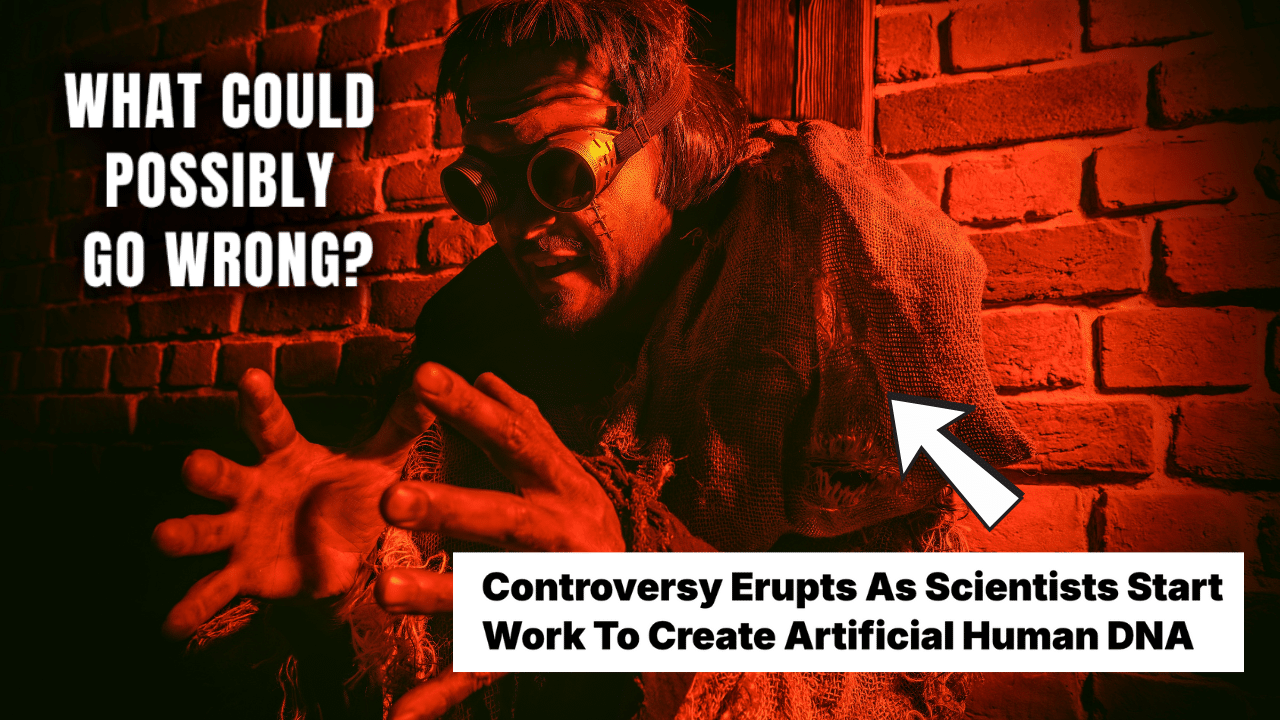Led by Carsten T. Charlesworth, Henry T. Greely, and Hiromitsu Nakauchi, the researchers propose using advanced biotechnology to grow human-like bodies without neural components that enable thought, awareness, or pain.
Their vision, outlined in the MIT Technology Review, includes four key applications: advancing medical research, improving drug development, alleviating organ shortages, and exploring ethical food alternatives.
By producing bodyoids, scientists aim to reduce reliance on animal testing, enhance drug efficacy, and provide organs for transplants without ethical dilemmas.
The concept builds on recent breakthroughs in stem cell technology, particularly pluripotent stem cells, which can develop into various cell types.
These cells have already been used to create structures resembling human embryos, suggesting the potential to grow complex tissues or entire bodies in artificial wombs.
According to the Daily Mail, the researchers believe bodyoids could serve as “meat” for consumption or as platforms for testing treatments, revolutionizing fields from pharmacology to regenerative medicine.
The scientists emphasize that bodyoids would be engineered to lack consciousness, ensuring they cannot suffer. This addresses ethical concerns about creating sentient beings for experimentation.
“Bodyoids could offer an alternative to animal testing, reducing unnecessary pain and suffering while providing human-relevant data,” the team stated.
They also argue that growing organs within bodyoids could bypass immune rejection issues, as the tissues could be derived from a patient’s own cells.
However, the proposal raises complex questions. The researchers acknowledge uncertainties, such as whether current embryo models could develop into viable organisms or how to gestate bodies outside a human host.
Public perception is another hurdle, as the idea of lab-grown human-like entities may evoke discomfort or comparisons to science fiction horrors like Frankenstein’s monster.
To navigate these challenges, the team calls for early discussions among scientists, policymakers, and the public to establish ethical guidelines before the technology matures.
While the technology to create bodyoids is not yet fully realized, recent advances suggest it is within reach.
The researchers point to progress in culturing human embryonic stem cells and growing miniature organs, such as kidneys, in labs. These milestones indicate a clear scientific pathway, though significant hurdles remain, including scaling up tissue growth and ensuring safety.
The team remains optimistic, noting that bodyoids could address pressing global challenges, from organ shortages to ethical food production.
“If we can combine these technologies responsibly, we might one day produce spare bodies that save lives and reduce suffering,” they wrote.
As science edges closer to this reality, the world must grapple with the profound implications of creating human-like entities without souls.










